Termites are often called “silent destroyers” because they can cause serious structural damage before homeowners even notice them. A professional termite inspection is the best way to catch problems early and prevent costly repairs.
But simply scheduling an inspection isn’t enough; you also need to ask the right questions. This ensures you understand the condition of your property and the treatment options available.
Here are the top questions every homeowner should ask their termite inspector to protect their investment fully.

What to Ask Your Termite Inspector for Complete Protection
Hiring a termite inspector is an important step to protect your home. To ensure complete protection, it’s essential to ask questions about the inspector’s experience, the infestation, treatment options, safety measures, and long-term protection plans.
By asking these questions, you can choose the best termite treatment and keep your home termite-free for years.
1. How Experienced and Credible Is the Inspector?
When it comes to termites, experience matters. Ask about the inspector’s credentials, years in the field, and past inspections. A professional with a strong track record can identify early signs of infestation, which are often missed by the untrained eye.
You might ask:
- How long have you been inspecting homes for termites?
- Can you provide references or testimonials from past clients?
- Do you hold any certifications or licenses related to termite control?
This not only gives you confidence in their ability but also helps assess whether they’re up-to-date with current inspection methods and treatment standards.
Note: K Termite is a family-owned business with over 25 years of experience in termite inspections and treatments, built on honesty and integrity.
Check this out: What Makes K Termite Different From Other Companies
2. What Termiticide Is Used and How Effective Is It?
The choice of termiticide plays a critical role in termite control. Understanding the chemical used, its active ingredients, and its effectiveness can help you make an informed decision.
Questions to ask termite inspector:
- Which type of termiticide will you use for my property?
- What is the active ingredient, and is it approved by relevant authorities?
- How long does the treatment remain effective?
Knowing the details ensures you’re getting a safe and proven solution rather than a generic or ineffective product.
3. How Severe Is the Infestation?
Not all termite infestations are the same. Some may be limited to a single small area, while others may have spread throughout multiple parts of the home. Asking about the severity provides clarity on the urgency of the situation and the necessary level of treatment.
A skilled inspector will explain whether the damage is superficial or structural, helping you prioritize action before it worsens.
4. What Type of Termites Are Present?
Different types of termites require different treatment approaches. Subterranean termites, for instance, build mud tubes and typically require soil treatments, while drywood termites live inside wood and may need fumigation or spot treatments.
By asking about the species, you’ll know what treatment options are best suited for your case. It also shows the inspector’s expertise in correctly identifying termites, which is critical for accurate treatment.
5. What Treatment Options Do You Recommend?
Once an infestation is confirmed, the next step is treatment. A professional inspector should outline the available methods and explain the pros and cons of each.
For example, liquid barrier treatments create a protective shield around your home, while localized spot treatments are targeted at specific infestations. In some cases, fumigation may be necessary. The right option depends on the type of termites, the level of infestation, and the construction of your home.
This question also helps you understand cost differences, long-term effectiveness, and safety considerations.
Protect your home and peace of mind - here’s why professional termite control is worth every penny.
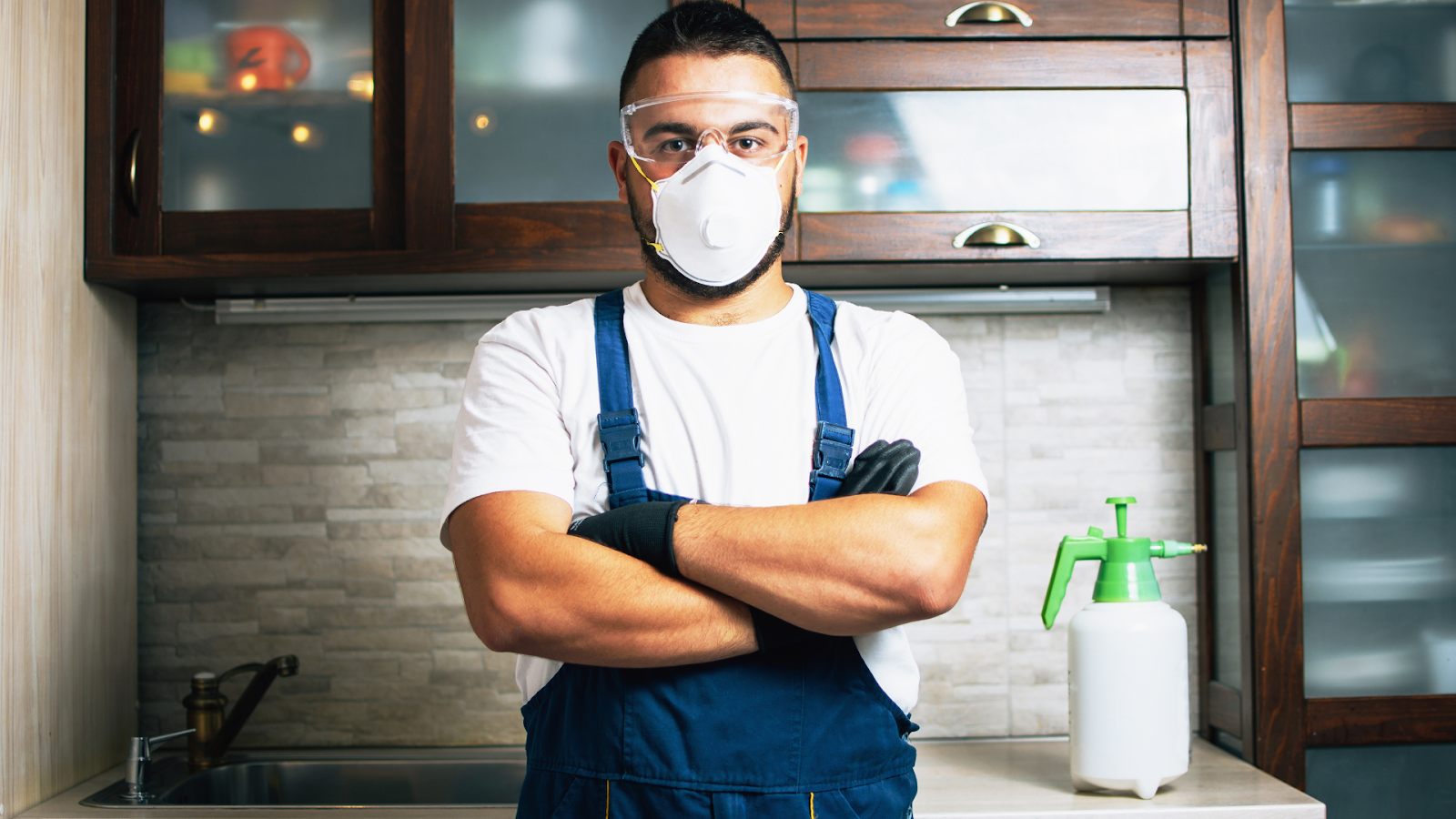
6. How Long Will the Treatment Take and How Soon Will It Work?
Homeowners often want to know how quickly treatments will eliminate termites. While some treatments provide immediate results, others take time to affect the colony.
Ask your inspector for a realistic timeline. This includes how long the actual application will take, how soon you can expect to see results, and what kind of follow-up is needed to ensure success.
Get the facts on how long it really takes to rid your home of termites
7. What Safety and Hazard Measures Are Taken?
Termite treatments involve chemicals that, if mishandled, can pose risks to humans, pets, and the environment. A responsible inspector will prioritize safety, following all regulations and guidelines.
Some key questions to ask:
- What precautions are taken to protect residents and pets during treatment?
- Are there any areas that need to be vacated temporarily?
- How do you handle chemical disposal and prevent contamination?
This helps you ensure that the treatment is not only effective but also safe for everyone on the property.
8. What Should I Expect Before and After Treatment?
A professional inspection and treatment plan should always come with clear guidance for the homeowner. Understanding what to expect reduces confusion and helps you prepare your property for treatment.
Ask questions such as:
- Are there any preparations required before treatment?
- How long will the treatment take?
- Will there be follow-up inspections or maintenance checks?
Knowing these details ensures the process is smooth and that the results are long-lasting.
9. What Areas of My Home Are Most at Risk?
Termites often thrive in specific areas like crawl spaces, attics, basements, or near plumbing leaks. By asking this question, you’ll learn where termites are most likely to reappear and where you should focus preventive measures.
Your inspector can also suggest ways to make your home less attractive to termites, such as fixing leaks, improving ventilation, or removing wood-to-soil contact.
10. Do You Offer a Warranty or Protection Plan?
A treatment is only as good as the guarantee behind it. Many termite control companies offer warranties or annual protection policies that cover inspections and re-treatments if termites return.
Ask for details about the warranty:
- How long does it last?
- What does it cover?
- Are there any conditions or exclusions?
This can save you from surprise expenses in the future and give you peace of mind knowing your investment is protected.
11. How Often Should I Schedule Future Inspections?
Even after treatment, regular inspections are critical to preventing re-infestations. Ask your inspector how frequently they recommend follow-up inspections. Most professionals suggest at least once a year.
This ensures that any new termite activity is caught early before it becomes a larger problem.
Wondering how often your home needs a termite check-up? Here’s the schedule to keep your property safe.
12. Are There Preventive Measures I Can Take?
A good inspector won’t just focus on treating termites; they’ll also advise on how to prevent them in the future. Preventive measures may include fixing moisture problems, sealing cracks in the foundation, and keeping firewood away from your home.
By following this guidance, you’ll reduce the chances of termites returning and keep your home protected long-term.
Why Asking the Right Questions Matters
Many homeowners assume a termite inspection is a simple “yes or no” process; either you have termites, or you don’t. In reality, inspections provide much more value when you actively engage with the inspector.
By asking the right questions, you’ll:
- Gain a clearer picture of the problem.
- Make informed decisions about treatments.
- Protect your home from future infestations.
- Avoid unexpected costs for repairs or follow-ups.
Your home is one of your most valuable investments, and termite protection should be taken seriously.
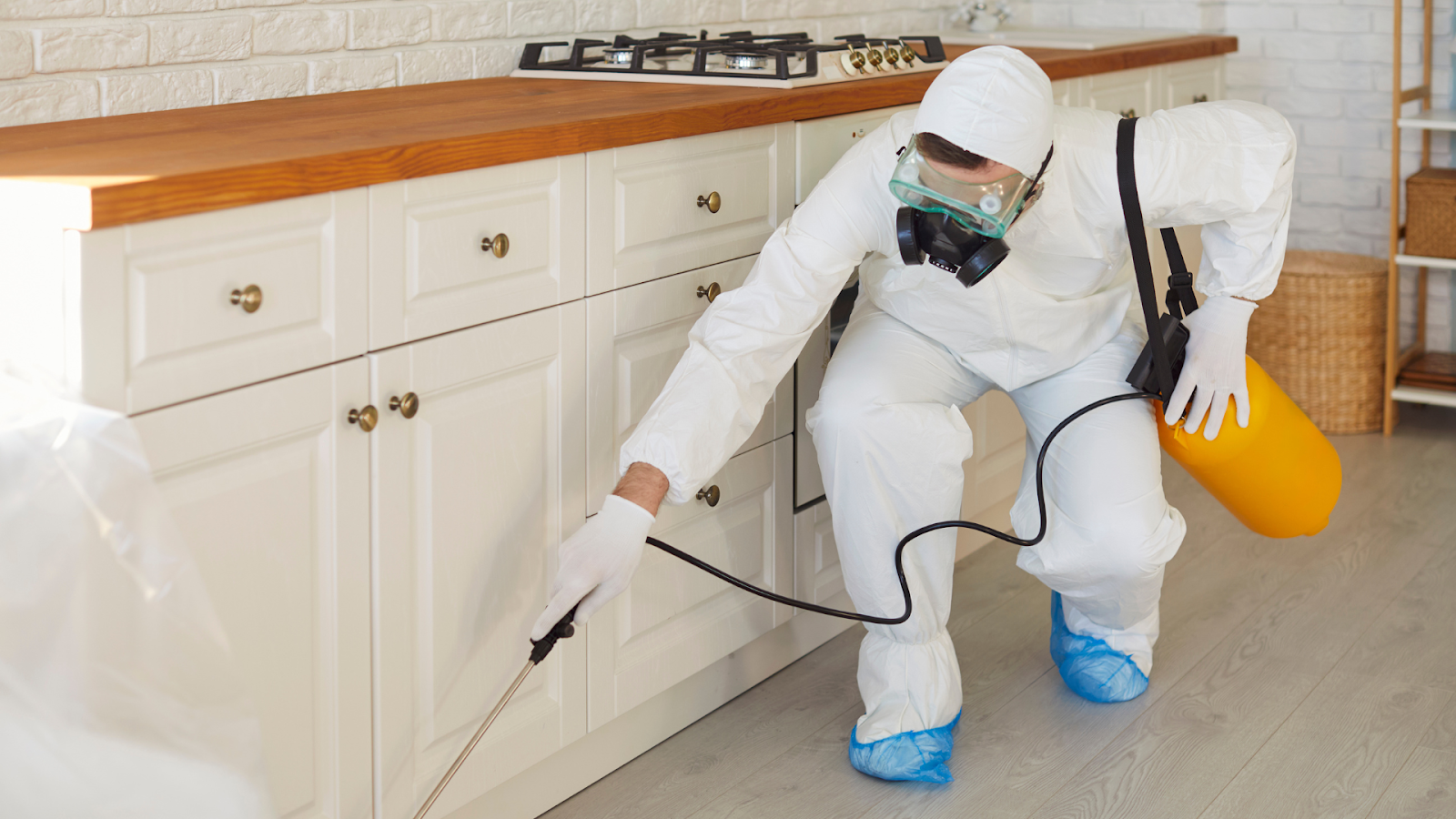
Professional Termite Control Services for Lasting Home Protection
For homeowners concerned about termite damage, K Termite offers FREE Termite inspection and treatment services with a focus on safety, quality, and long-term protection. Our team has years of experience handling termite infestations across residential properties.
We follow strict safety protocols, ensuring treatments are safe for your family and pets. Our termiticides are carefully selected for quality and effectiveness, with active ingredients approved and tested for termite control.
Annual maintenance is critical to protect your home against termites. Our termite protection policy includes a yearly full inspection, all required treatments, and an additional year of warranty. For one all-inclusive fee, homeowners can have peace of mind knowing their property is continuously monitored and protected.
Before and after treatment, we guide homeowners step by step, explaining what needs to be done, how long the process will take, and what signs to watch for in the future. With K Termite, inspections and treatments are thorough, transparent, and backed by years of trusted experience.
Tips for Choosing the Right Termite Inspector
- Look for licensed and insured inspectors.
- Check reviews and testimonials.
- Compare treatment methods and warranties.
- Request a detailed inspection report with recommendations.
By being thorough, you ensure your home gets the best termite protection possible.
An inspection for termite is more than a routine check; it’s a chance to safeguard your home from long-term damage. The key to making it effective lies in asking the right questions. From identifying termite activity and severity to warranties and preventive measures, these questions help you take control of your home’s protection.
And if you’re looking for an inspection backed by clear communication, reliable solutions, and a strong protection plan, K Termite is here to help.

.png)

.png)
.png)
.png)

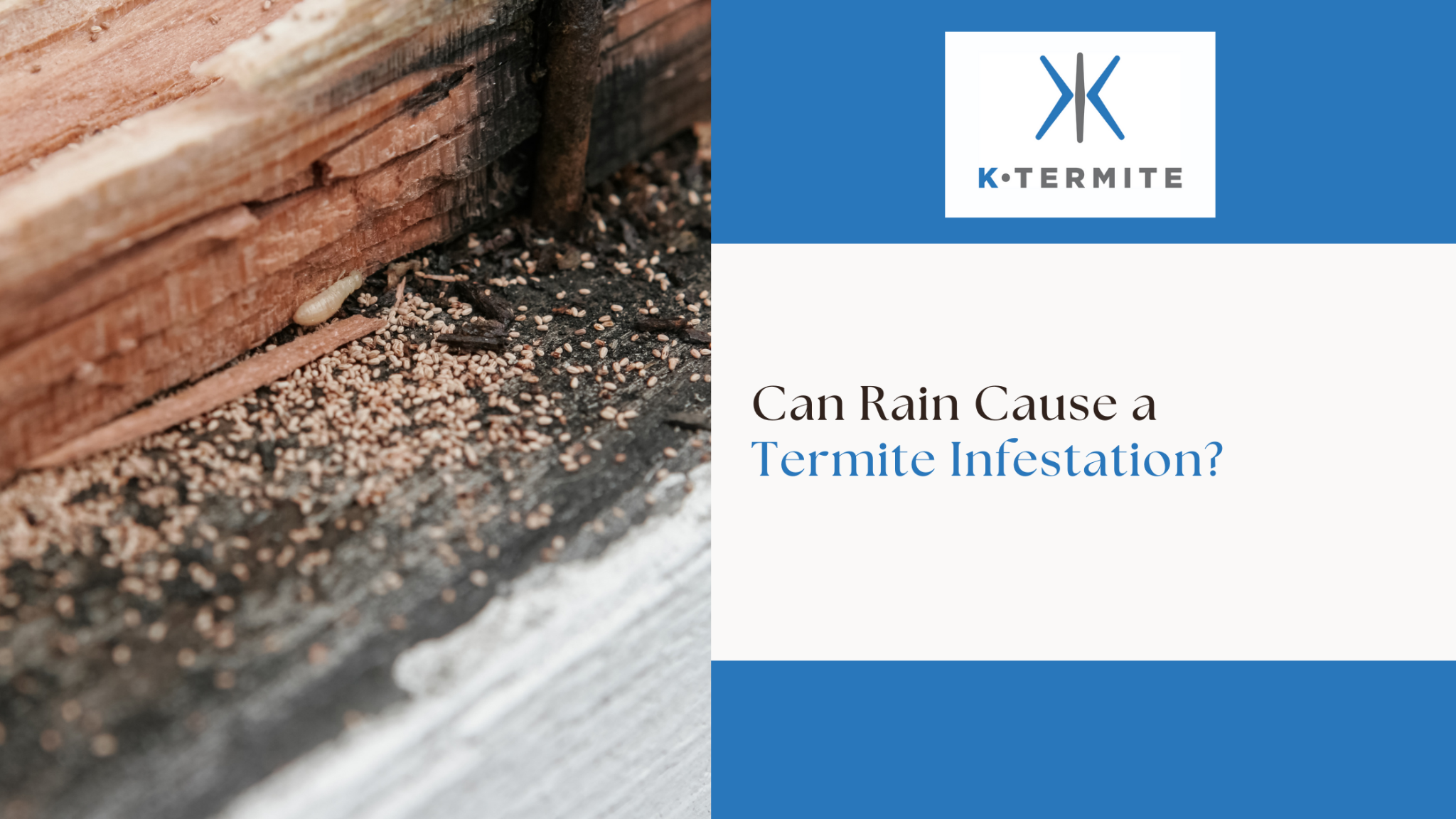
.png)
.png)
.png)
.png)
.png)
.png)
.png)
.png)
.png)
.png)
.png)
.png)
.png)
.png)
.png)
.png)
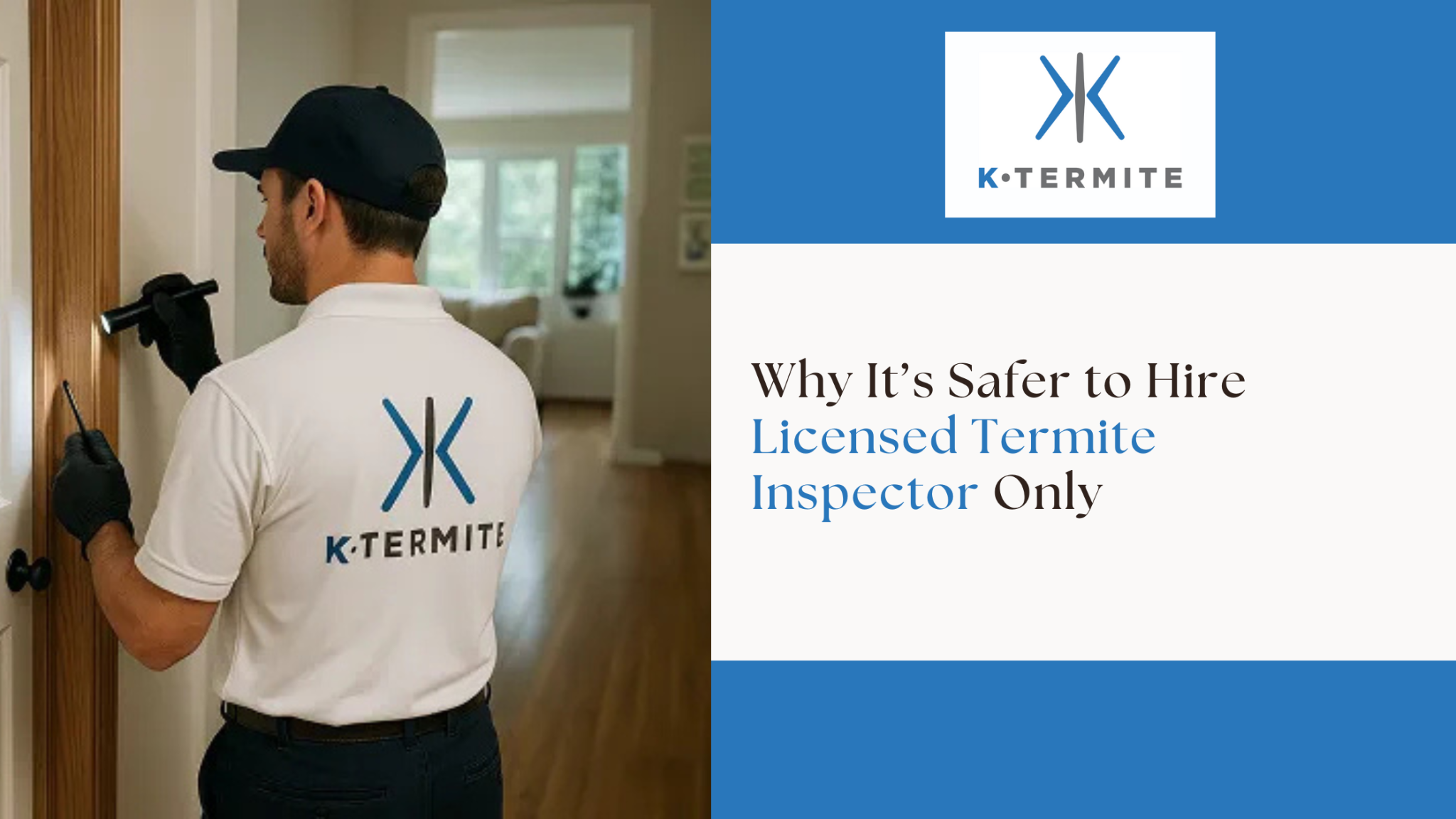
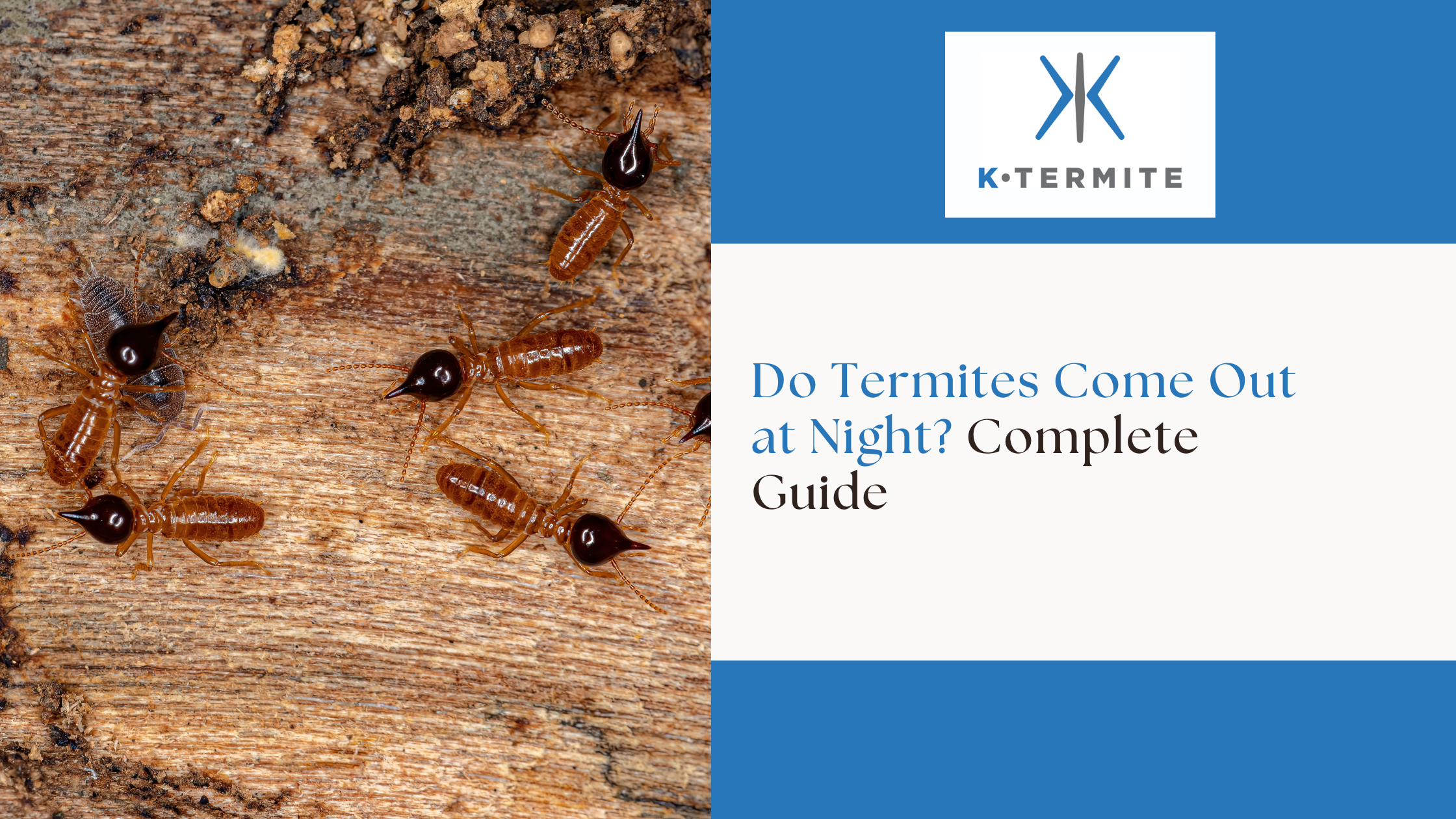

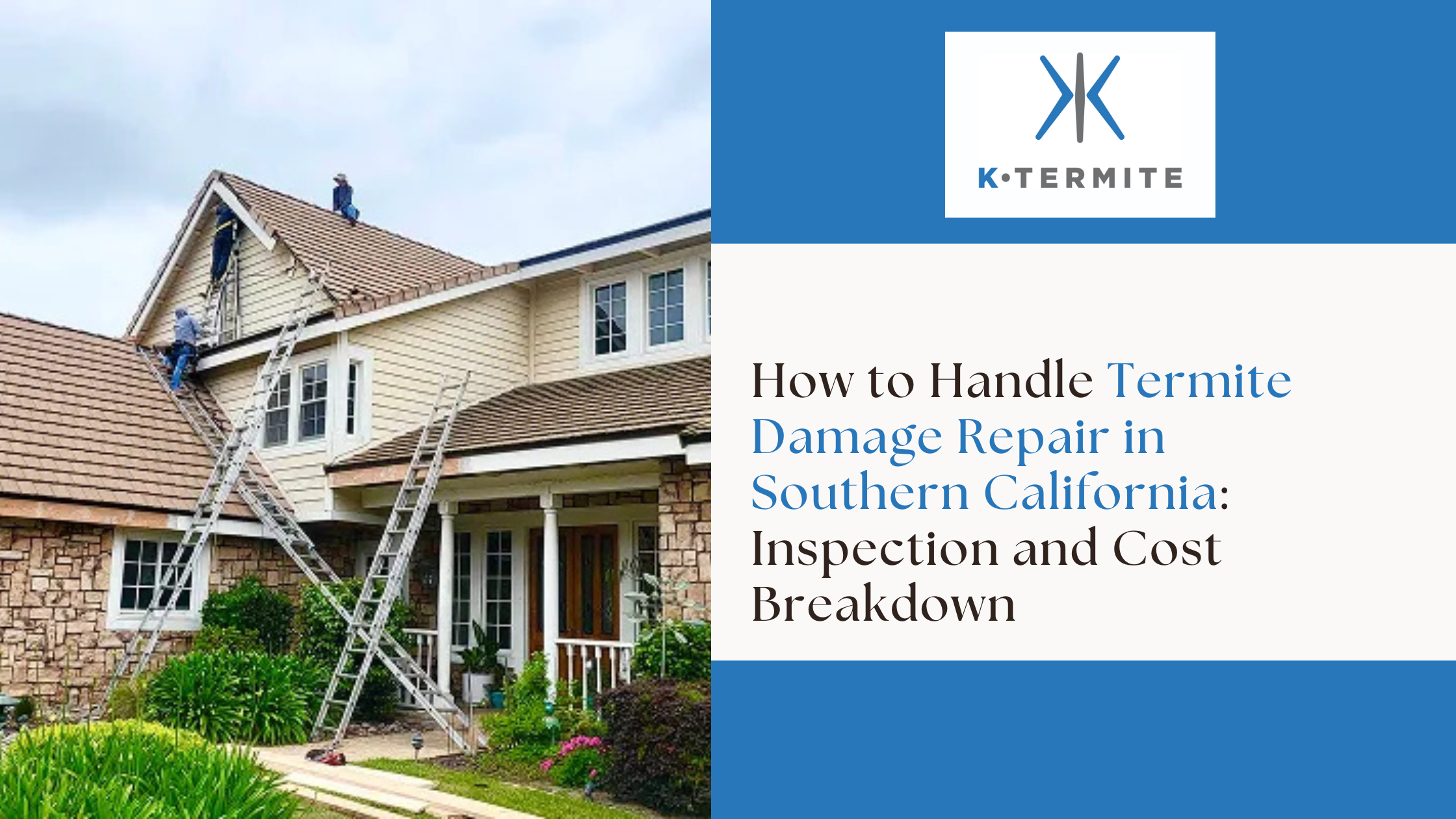

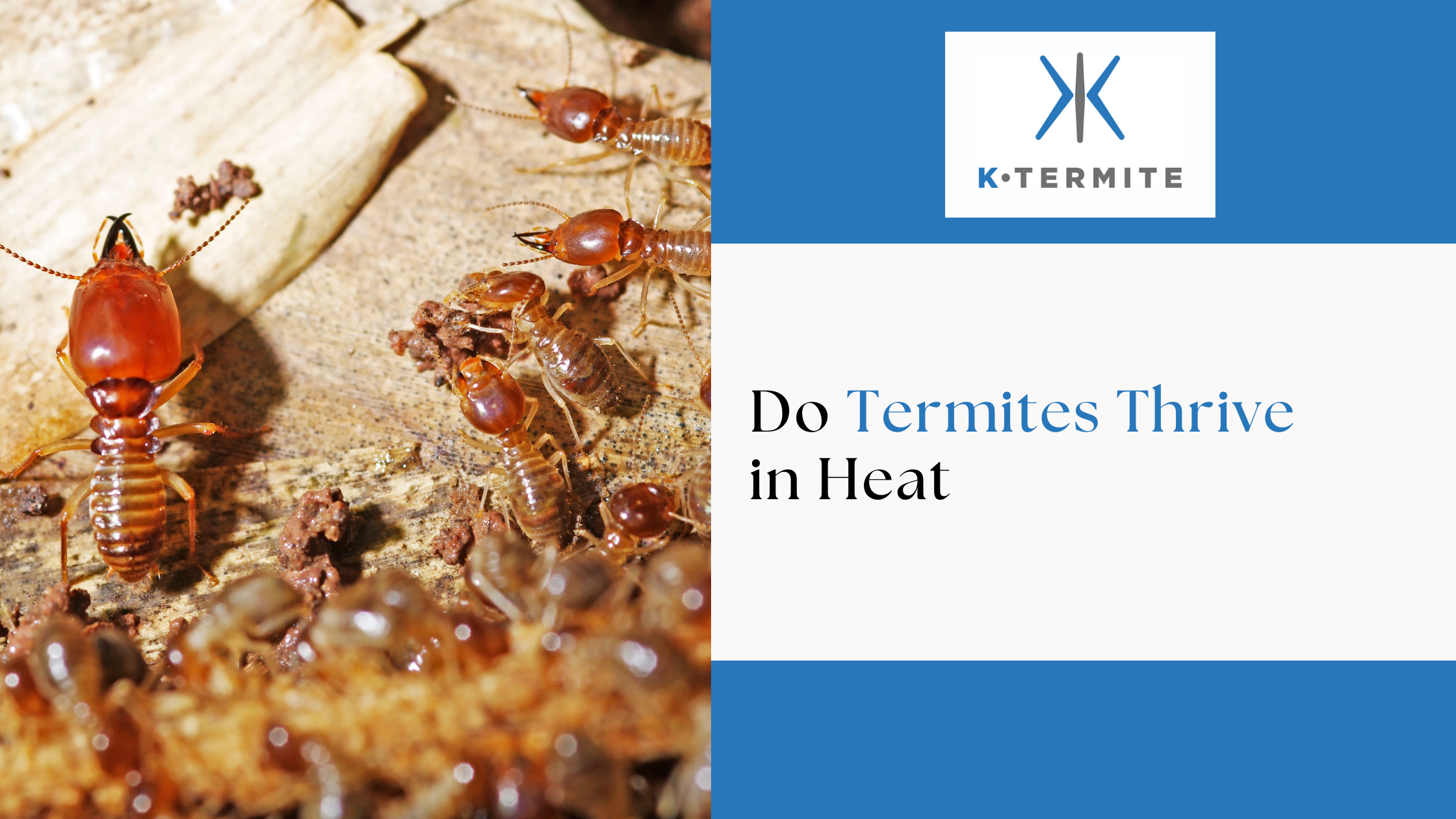

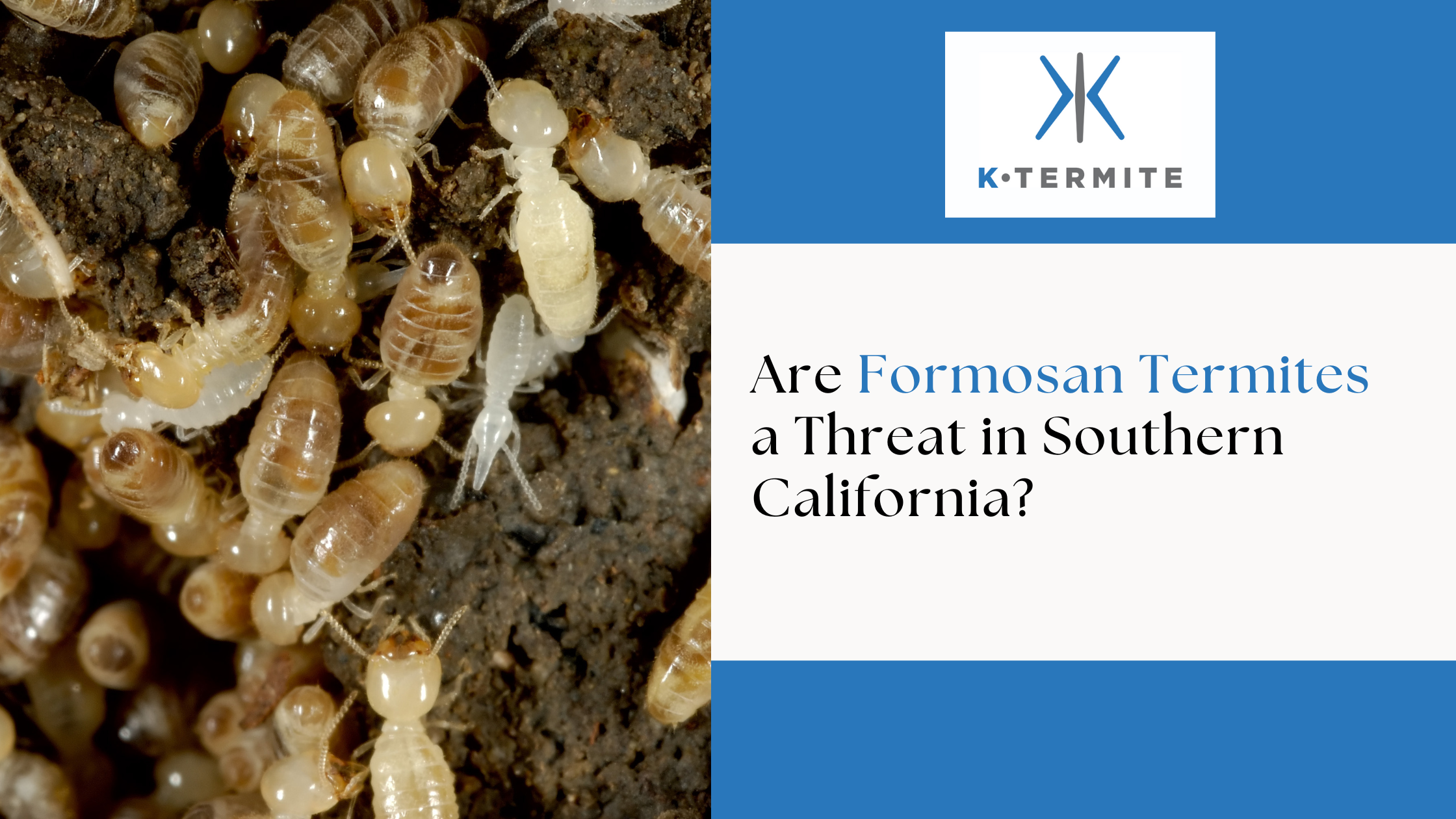


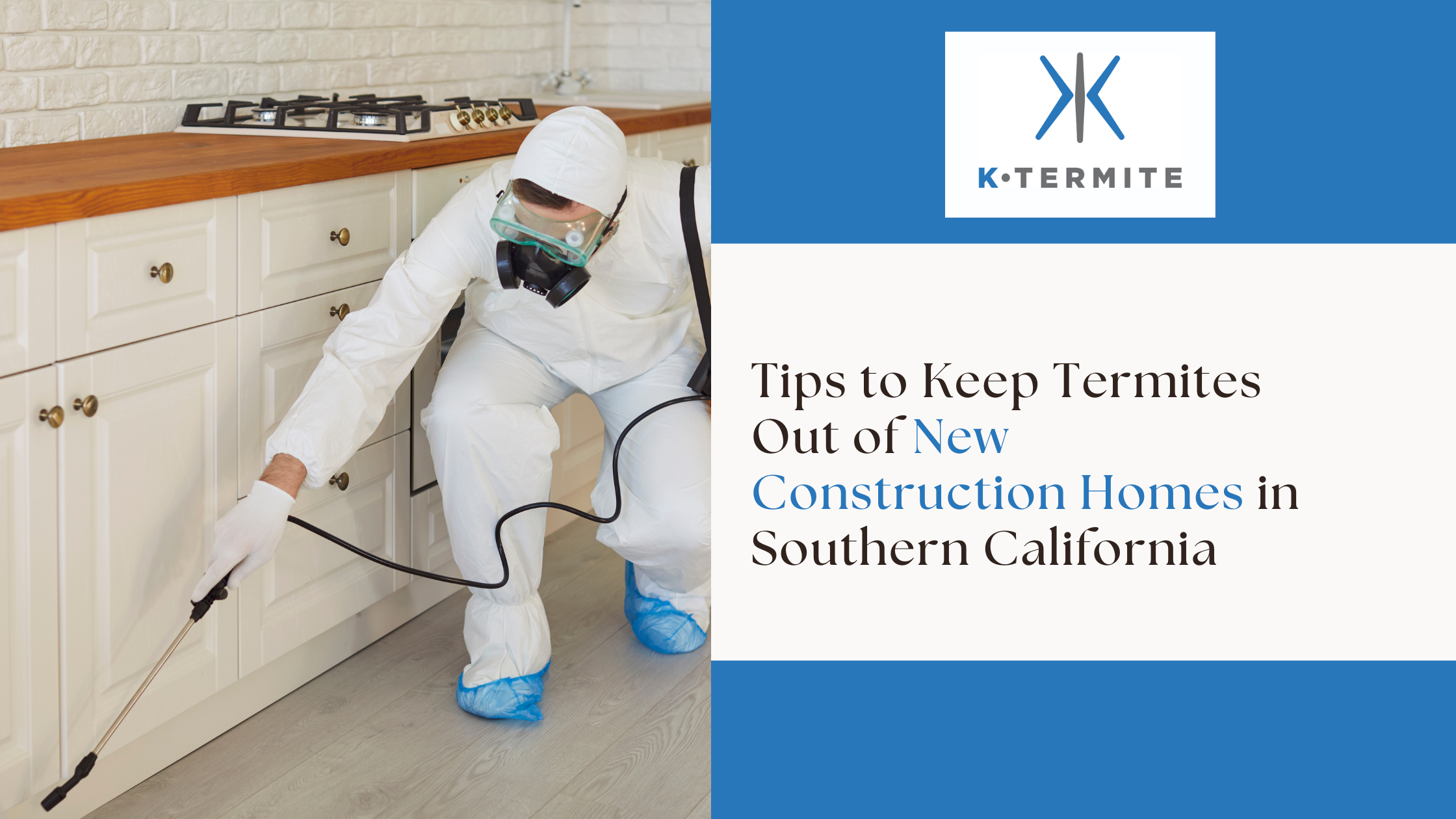

.png)
.png)
.png)
.png)
.png)
.png)
.png)
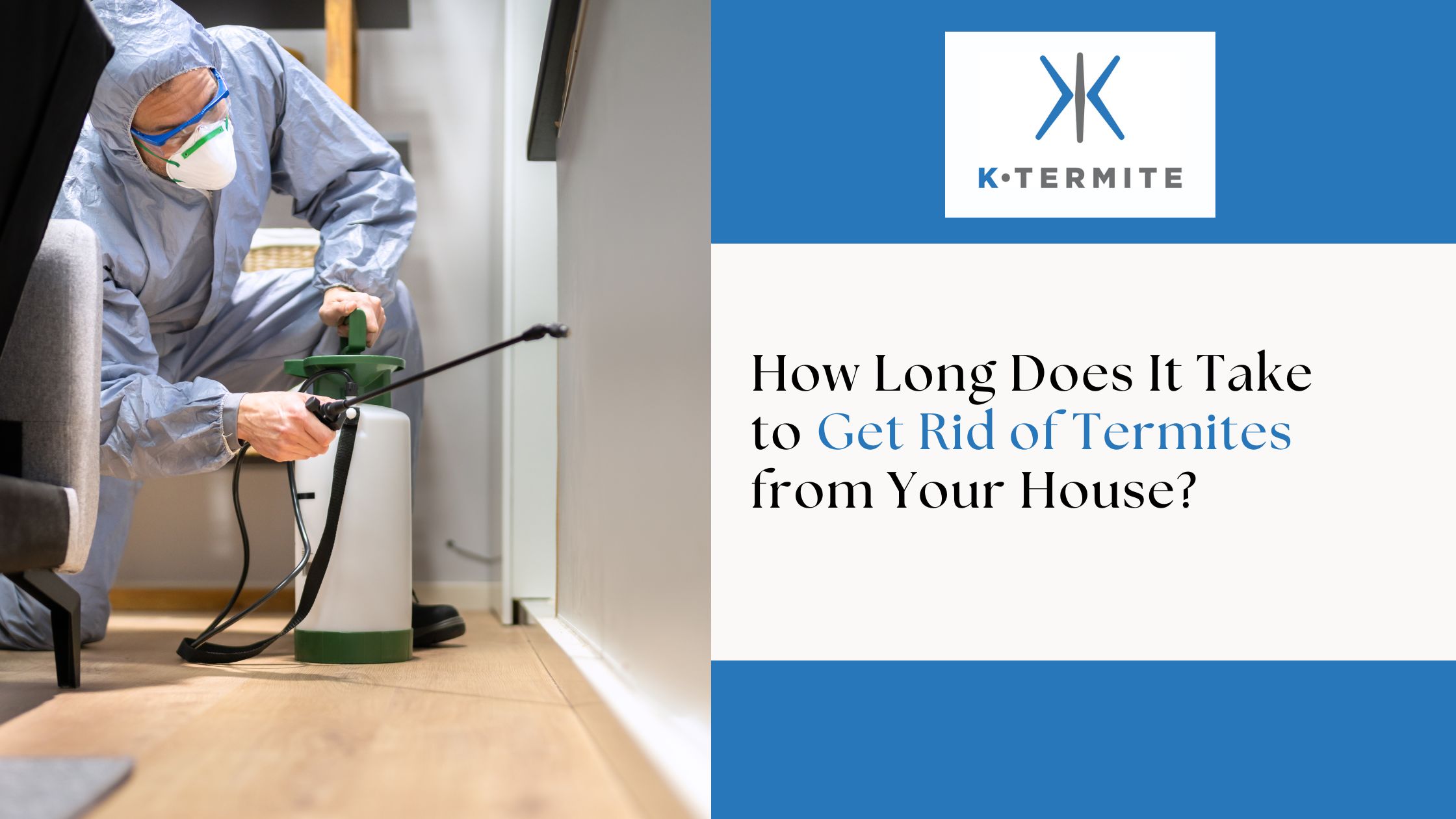
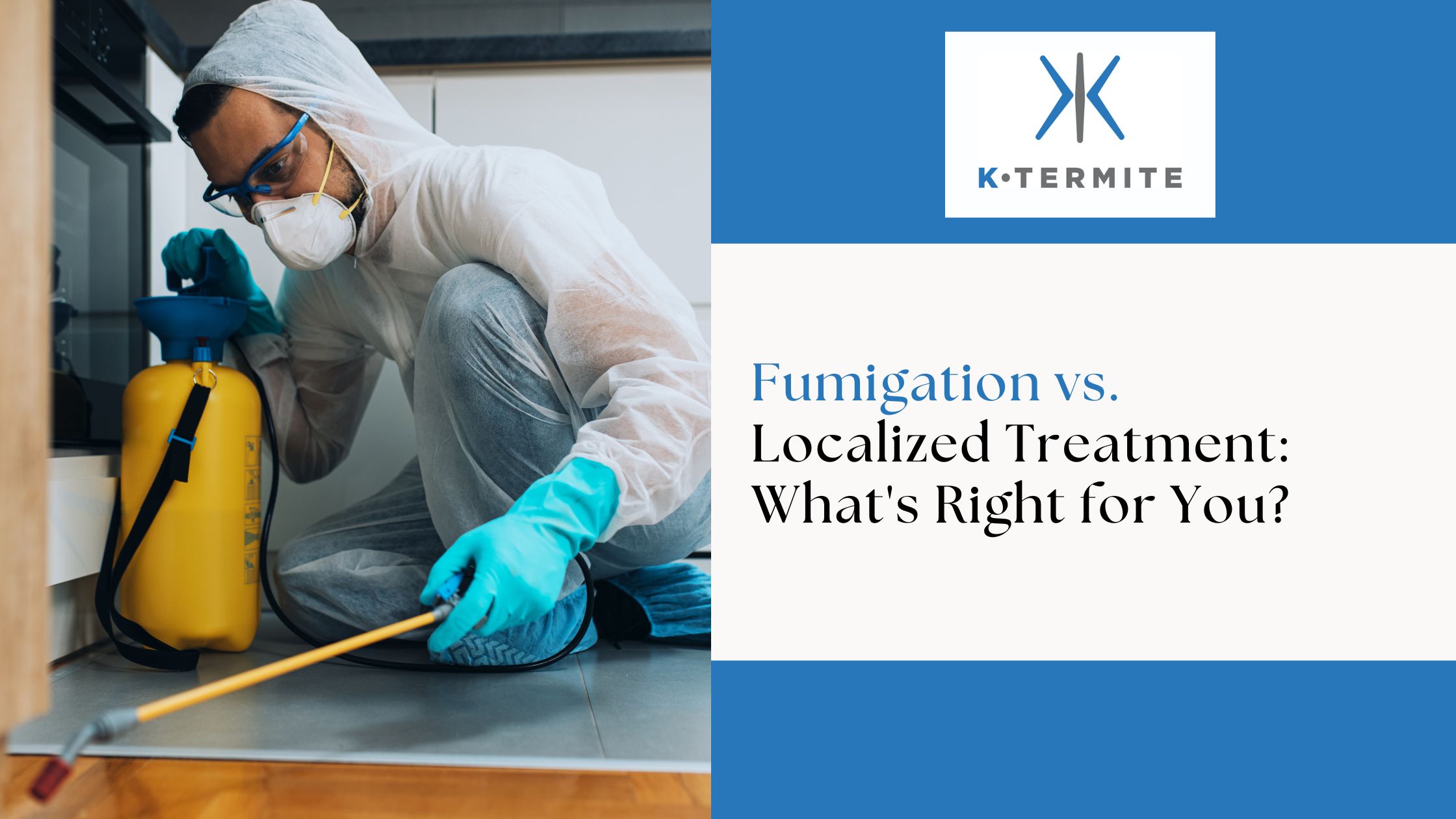
.png)
.png)


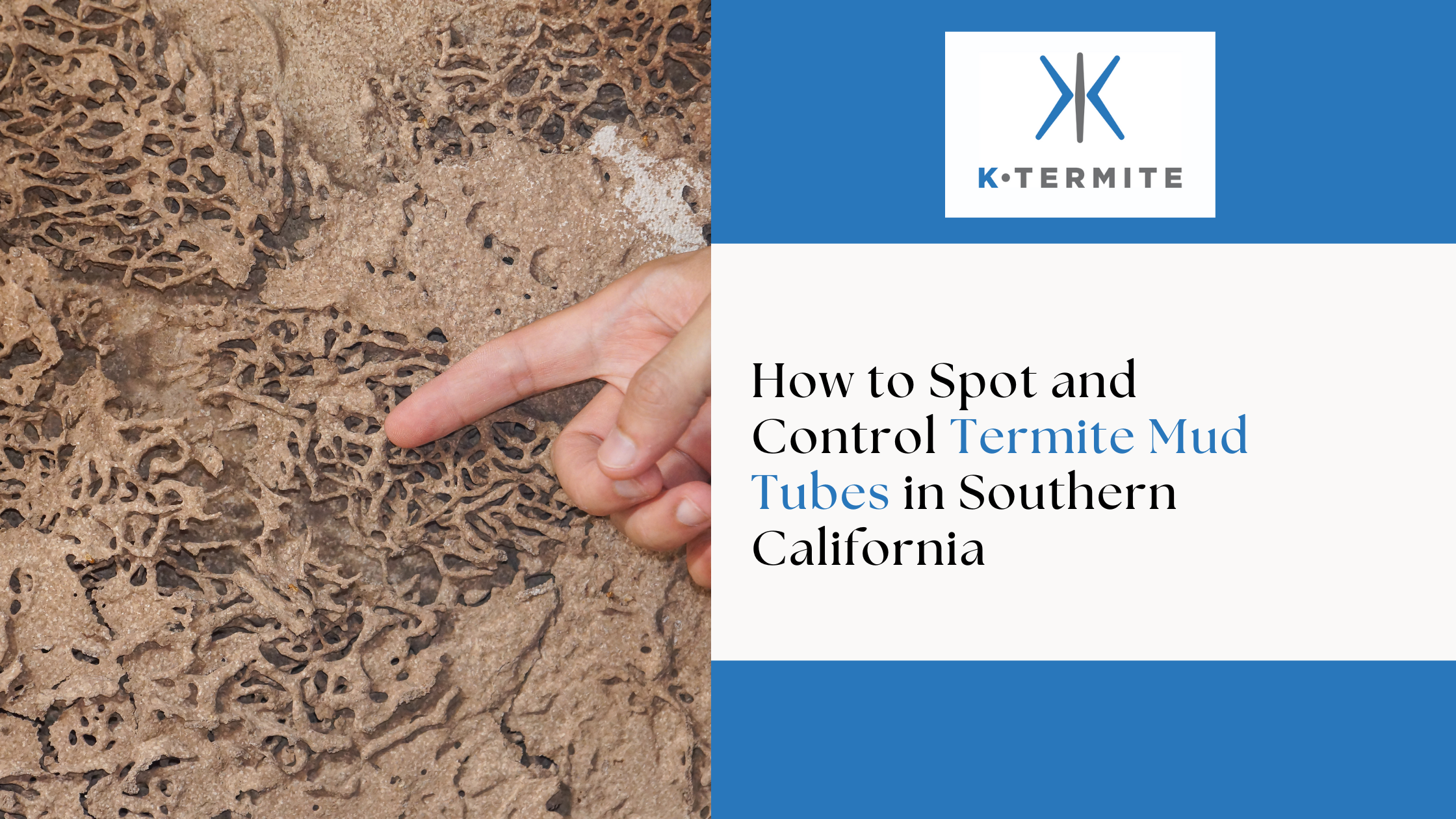


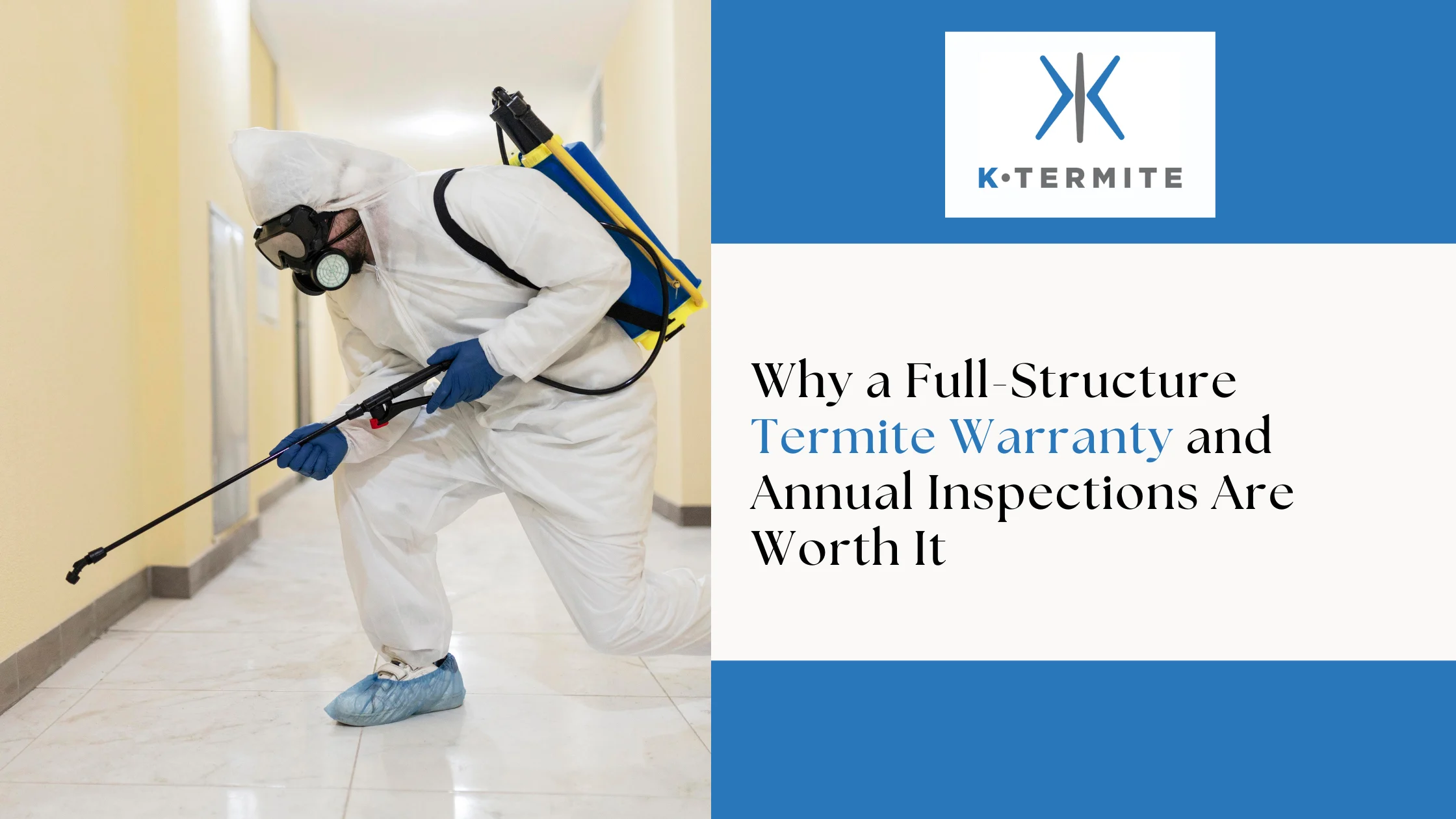
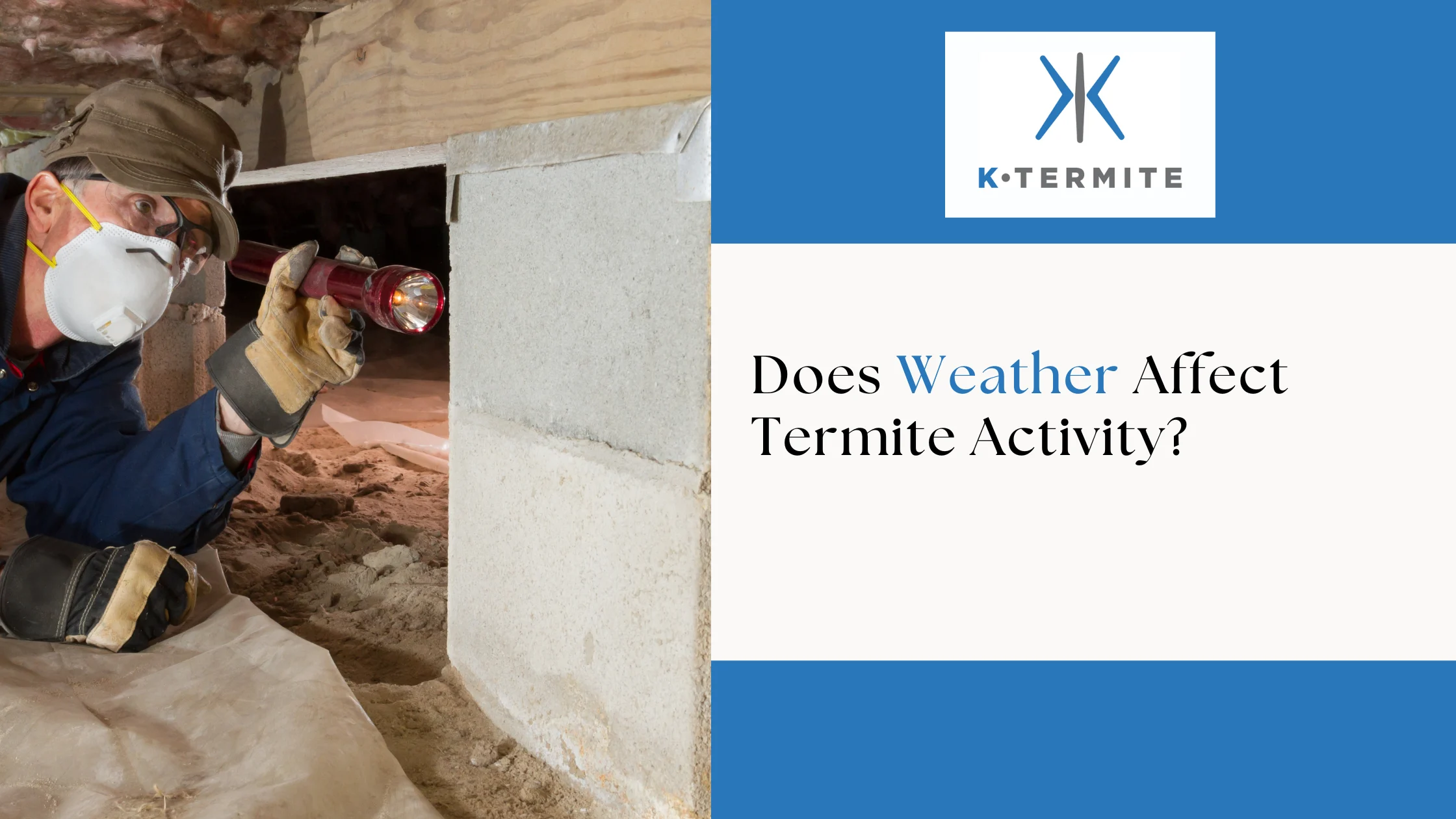
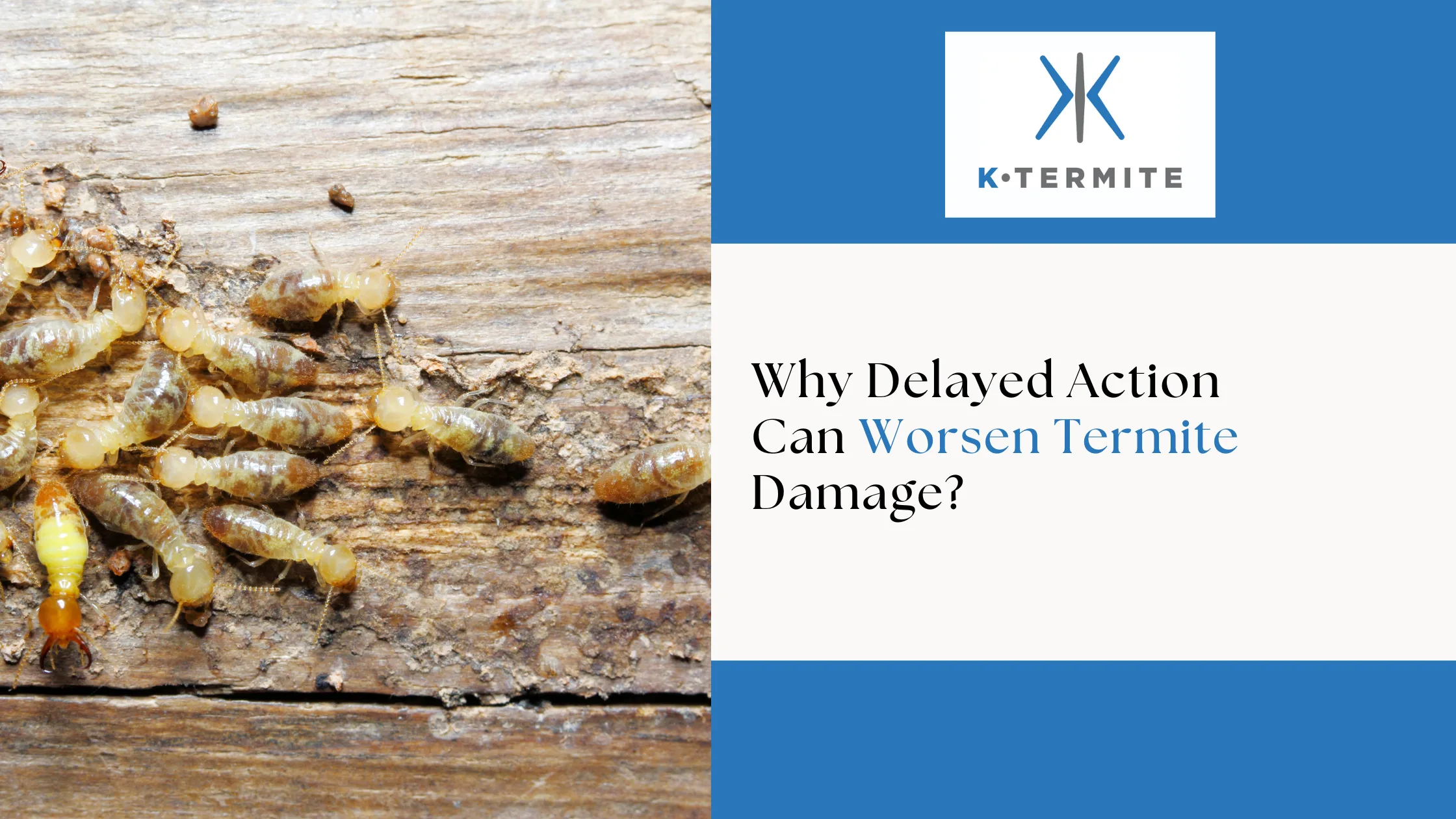

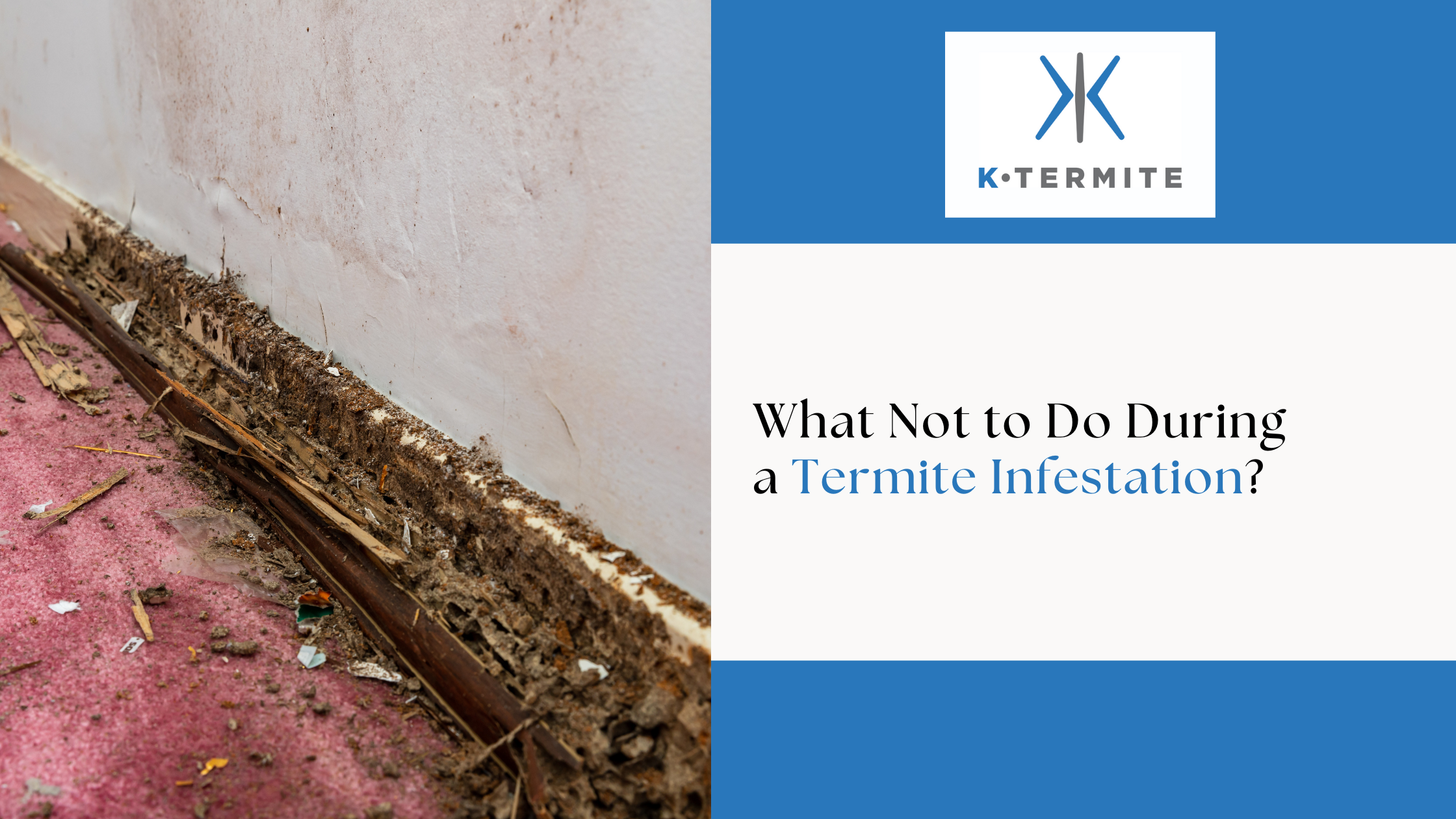

.png)
.png)

.png)
.jpg)
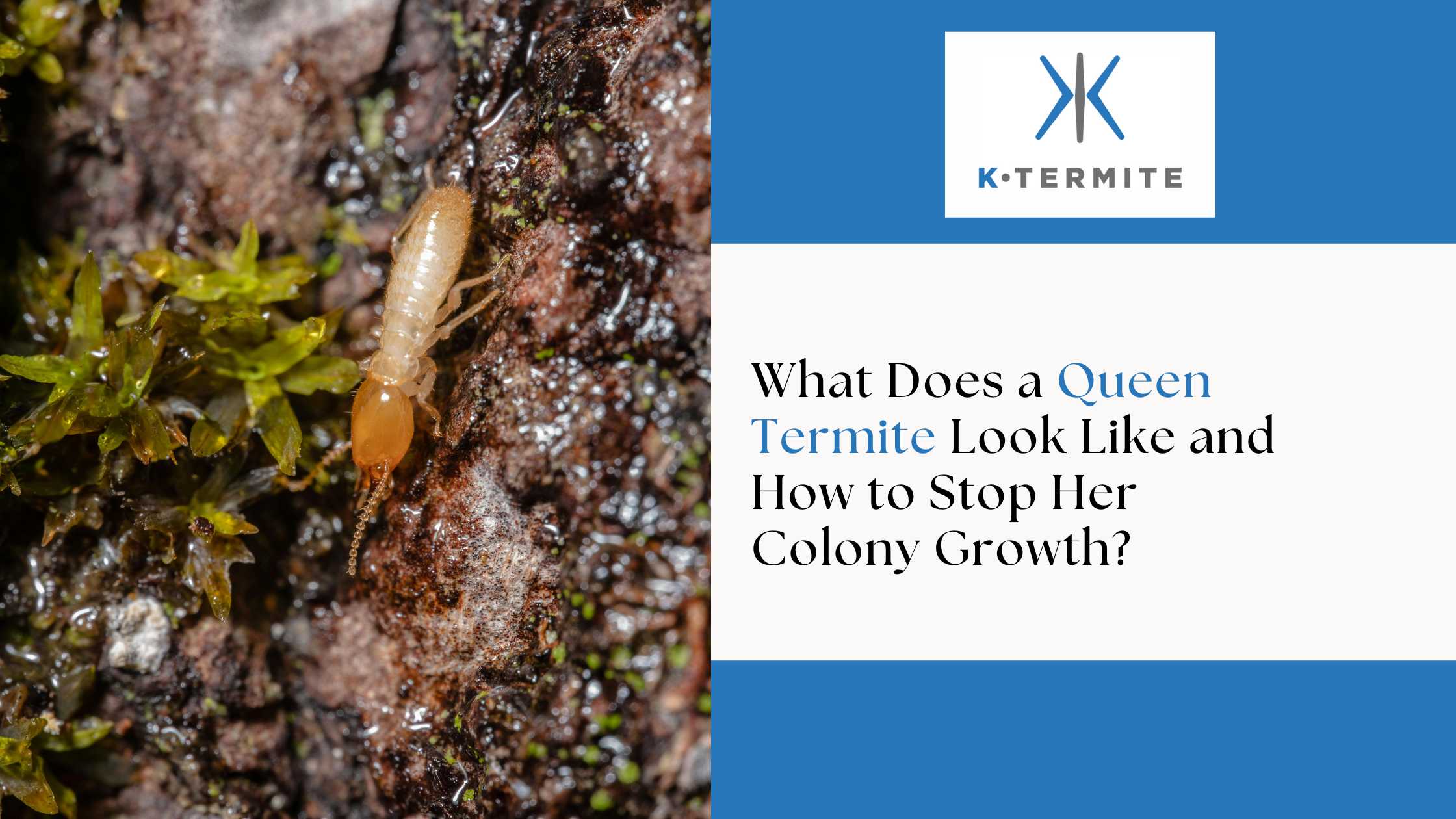

.webp)
.webp)


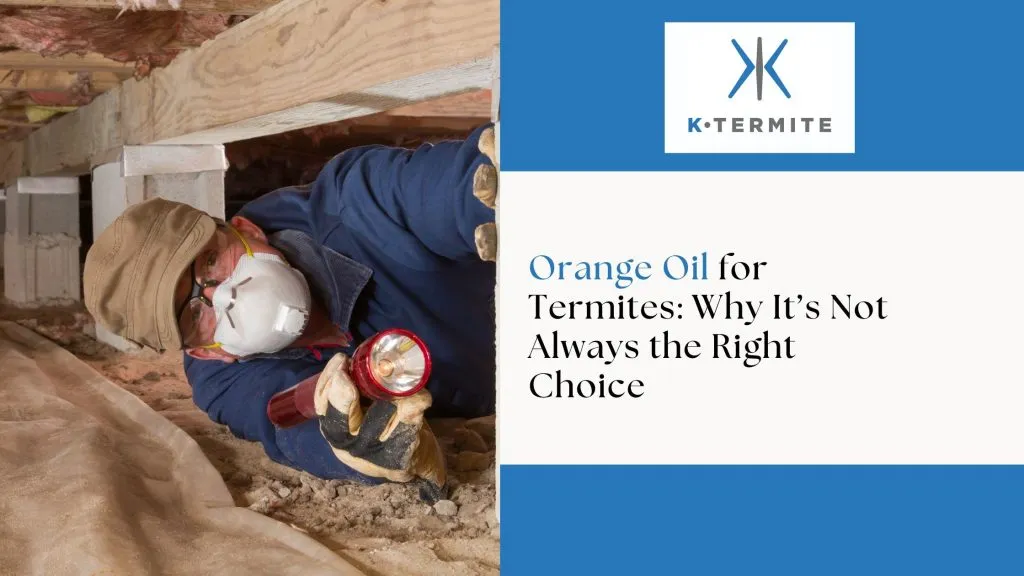
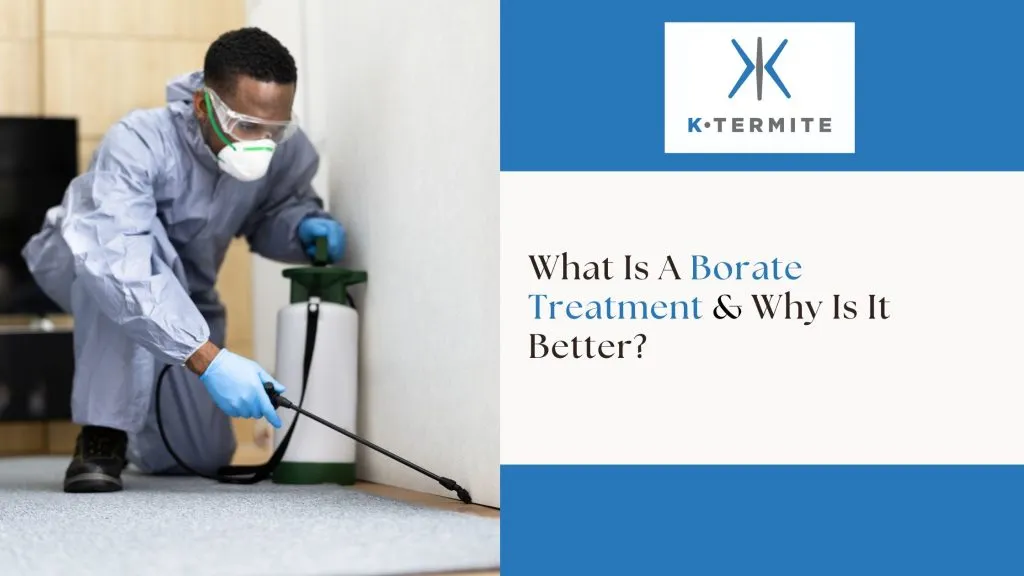
.webp)
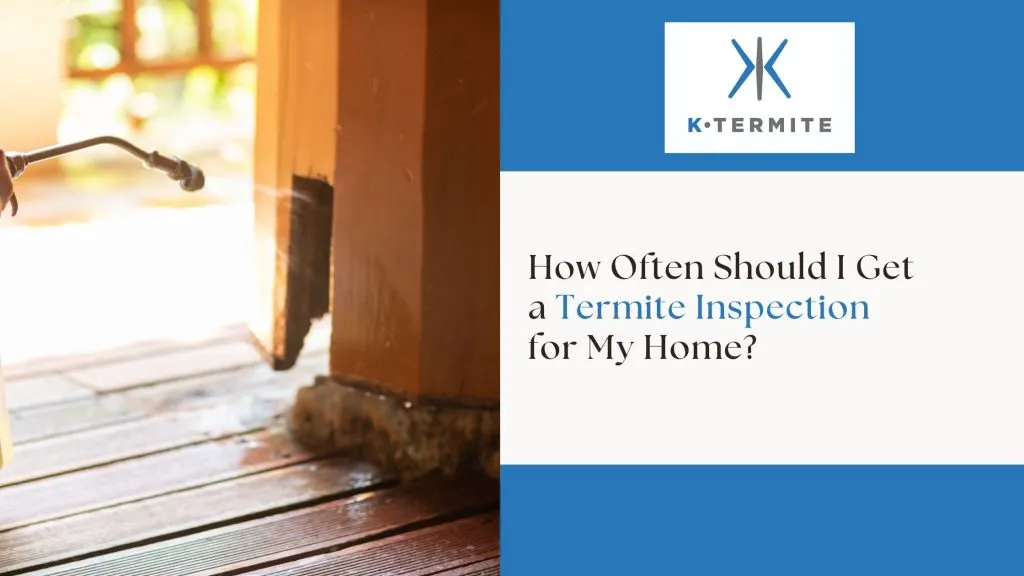

.svg)

